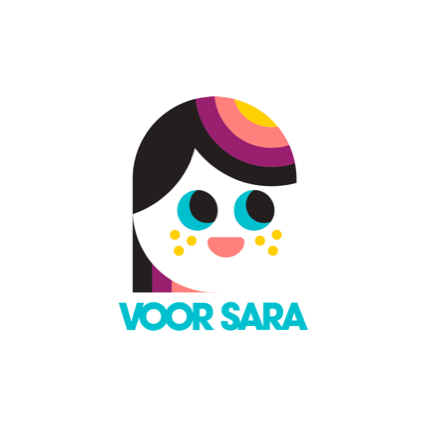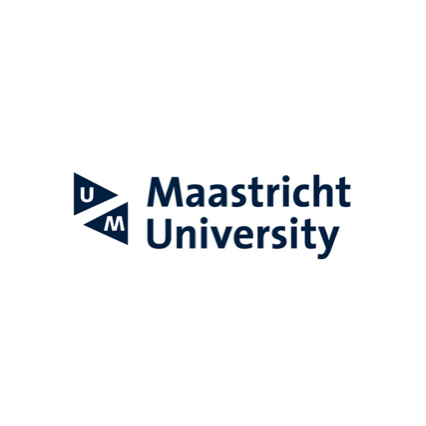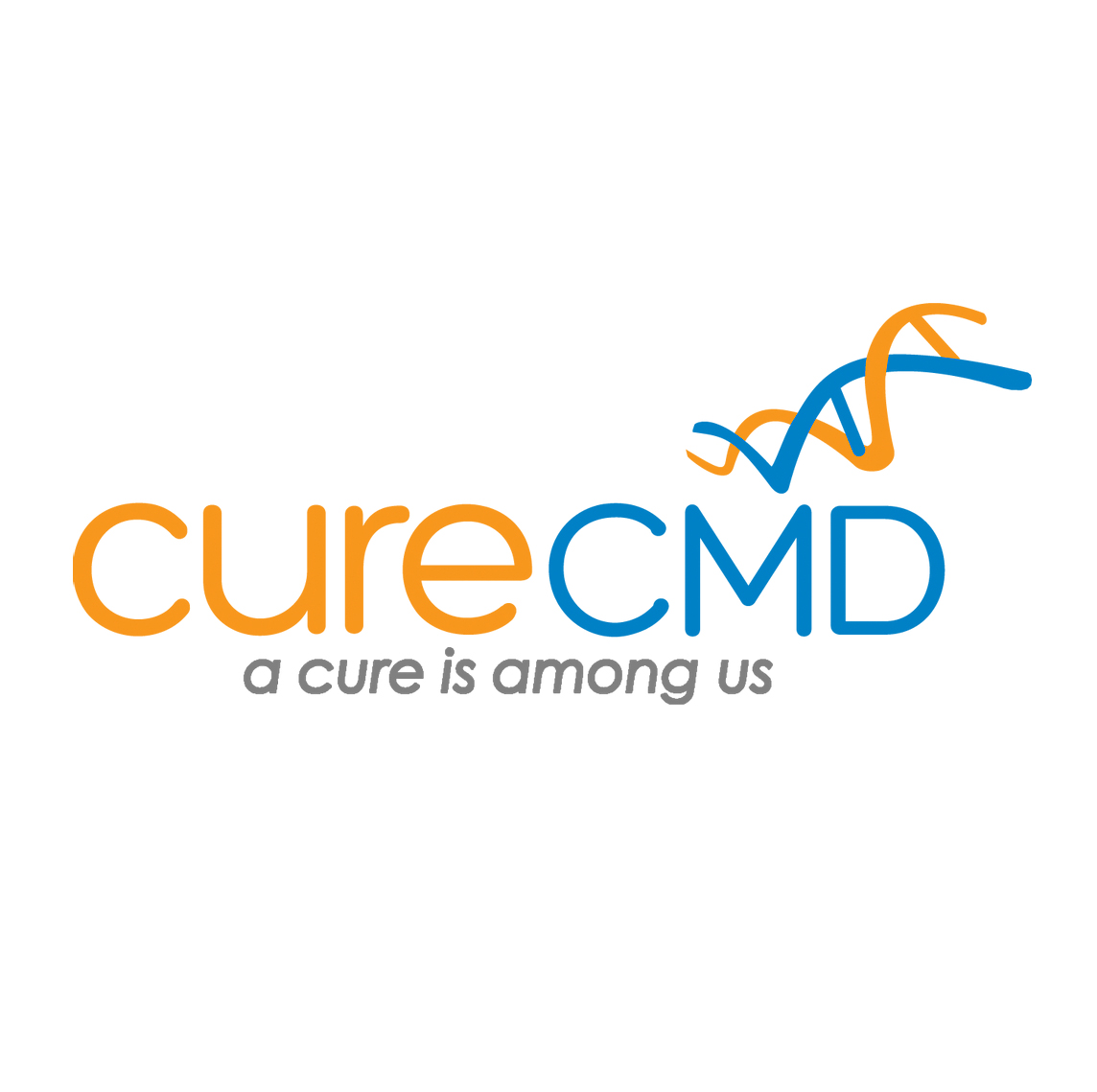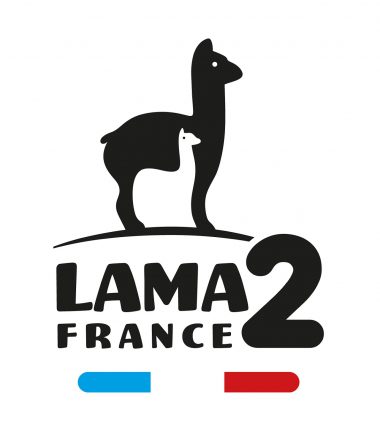Virtual conference on MDC1A

Programme
On November 22nd 2020, we organised an online conference gathering scientists, doctors, patients and their families and the kickboxing World Heavyweight Champion. More than a hundred interested people watched live lectures about scientific research or practical information about MDC1A. Thanks to the online conference, many patients learned a lot about the various studies that are ongoing worldwide. It was encouraging to discuss some of the valuable research programmes currently ongoing in America, Europe and Asia.
Descriptions of each speaker, as well as the recording of each lecture can be found by scrolling down this page.
The following speakers gave live lectures that have been summarised in posts you can access by clicking on the speaker’s name:
Live speakers:
– Bram Verbrugge (Voor Sara)
– Bert Smeets (Maastricht University)
– Avencia Sánchez-Mejías Ph.D (University Pompeu Fabra, Barcelona)
– Ruud van der Wel (MyBreath/MyMusic)
– Rico Verhoeven (Kickboxing World Champion / Peptalk and Q&A)
– Karlijn Bouman (Radboud University)
– Carsten Bönneman (NIH)
– Steven Axon (Prothelia)
– Dwi Kemaladewi (Childrens hospital of Pittsburgh)
– Sara Foye (CMDIR)
– Rachel Alvarez and Dr. Gustavo Dziewczapolski (Cure CMD)
– Dr. Francina Munell and Dr. Jordi Barquinero (Vall d’Hebron, Barcelona)
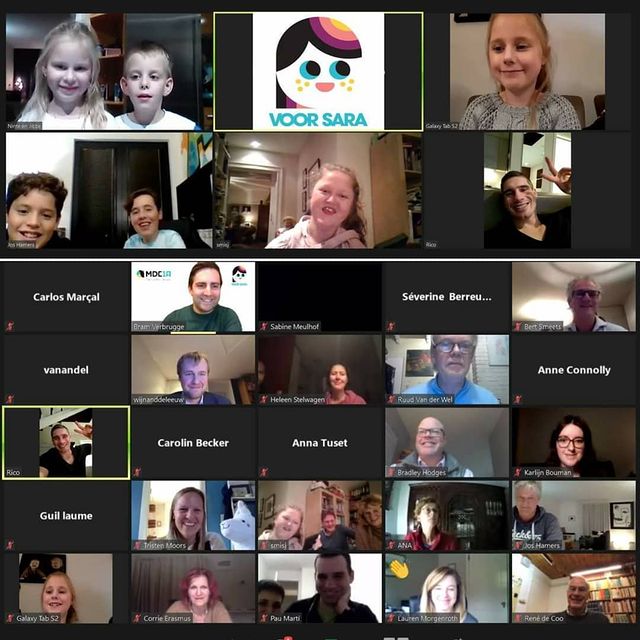
Virtual conference on MDC1A / Lama2 CMD
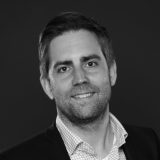
Bram Verbrugge
Founded the patient organisation Voor Sara together with his wife Emine. In a few years time, the foundation raised nearly a million euros to fund two studies. The foundation also wants to promote international cooperation and make more reliable information about this muscle disease available in an accessible way to other families.
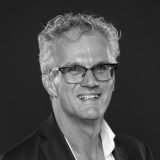
Bert Smeets
The research group of Maastricht University led by Professor Bert Smeets wants to develop a treatment with the body's own repaired muscle stem cells for a form of a LAMA2 gene mutation muscle disease in four years. This research is part of a larger project called GYM (generate your muscle) in which various universities from the region are collaborating.

Avencia Sánchez-Mejías Ph.D
The Translational Synthetic Biology Group of University Pompeu Fabra in Barcelona, led by Dr Marc Güell and co-led by Dra Avencia Sánchez-Mejías, is developing new technology capable of modifying the genome to treat genetic diseases as MDC1A. One of their research lines is an ex-vivo therapeutic approach based on bone marrow transplantation (expressing LAMA2). This research is part of a larger project called Uni-large, selected by Caixaimpulse consolidate programme and supported by the Spanish patient organisation ImpulsaT.
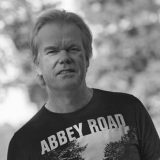
Ruud van der Wel
Ruud van der Wel is a Dutch respiratory therapist and inventor. He developed several apps to make his respiratory therapy more fun for children. He has also developed musical instruments for people with a disability. His creative solutions generate a lot of enthusiasm in his patients.

Rico Verhoeven
Rico Verhoeven became world champion in heavyweight kickboxing at Glory on June 21, 2014. No one has beaten him since then. Rico Verhoeven is also an ambassador of Stichting Voor Sara and has conducted numerous campaigns to raise money for research into MDC1A / Lama2 CMD. Because Rico is a well-known Dutchman, he is often invited to television programs, where he also regularly talks about the fight for a healthier future for all patients with MDC1A / Lama2 CMD. Rico knows better than anyone what it means to fight for your goals.
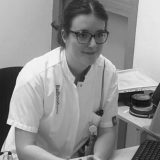
Karlijn Bouman
The research group of Radboudumc performs a natural history study in patients diagnosed with LAMA2-related muscular dystrophy (MDC1A). This research study, which aims to reach trial readiness, is led by dr. Nicol Voermans, dr. Corrie Erasmus and dr. Jan Groothuis. Drs. Karlijn Bouman is responsible for the execution of this project and is the first point of contact for the participants.
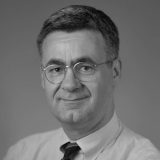
Carsten Bönnemann
Dr. Bönnemann is a well known expert in this field with a lot of publications. He joined Neuromuscular and Neurogenetic Disorders of Childhood Section (NINDS) in 2010 as Senior Investigator and Chief of the Neuromuscular and Neurogenetic Disorders of Childhood Section. Research in Dr. Bonnemann's laboratory revolves around molecular mechanisms underlying early onset muscle disease (congenital muscular dystrophies, congenital myopathies, and reducing body myopathy). The laboratory's goal is to identify the genetic and cellular mechanisms in these conditions in order to develop strategies for molecular-based treatments.
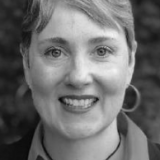
Sara Foye
CMDIR Advocate, Sarah Foye shares additional information about why you should register in the Congenital Muscle Disease International Registry. Cure CMD was founded in 2008 by three parents whose children were affected by Congenital Muscular Dystrophy. Their mission is to advance research for treatments and a cure for the Congenital Muscular Dystrophies. Cure CMD wants to improve the lives of those living with CMDs through engagement and support of the community. Cure CMD launched two clinical trials and completed a five year natural history study with the NIH to identify clinical trial endpoints. They also co-funded over $2 million in research grants.
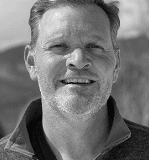
Steven Axon
Steve is a Canadian biotech entrepreneur that has spent the last 20 years identifying novel science to finance and develop into commercial therapeutics. Steve studied biomedical engineering and began his career in Canada before moving to Switzerland to pursue an MBA. He spent 12 years at Merck Serono in Switzerland and Boston most recently as senior VP of Business Development. In 2017, Steve was Chief Business Officer of Apellis Pharmaceuticals a rare disease company focused on innate immunity where he helped build the team from 10 to nearly 100 people and a successful IPO. Steve lives with his wife and 3 kids (and dog) in Boston and joined Prothelia in 2019 as its CEO.
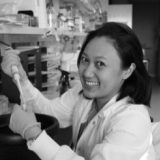
Dwi Kemaladewi
Growing up as a gadget fanatic, Dr. Kemaladewi is bound to implement ‘what’s new in genetics’ to the study of muscle diseases throughout her career. Her research group, located at Children’s Hospital of Pittsburgh, adopts CRISPR/Cas technology to upregulate LAMA2’s sister gene called LAMA1. She would like to remind everyone that scientists work for the patients and parents community, so please feel free to tell the scientists what you want them to accomplish.
Francina Munell and Jordi Barquinero
The Gene and Cell Therapy Research Group led by Dr Jordi Barquinero and the Pediatric Neurology Group led by Dra Francina Munell, both at Vall d’Hebrón Research Institute (VHIR) in Barcelona are developing a novel preclinical gene therapy approach for congenital muscular dystrophy type 1 A. Their main goals are to carry out a precise investigation of a defined cohort of patients with MDC1A and to develop an in vivo gene therapy approach based on high capacity adenoviral vectors encoding LAMA2 targeting the liver. This research lines are supported by ImpulsaT and public grants.
